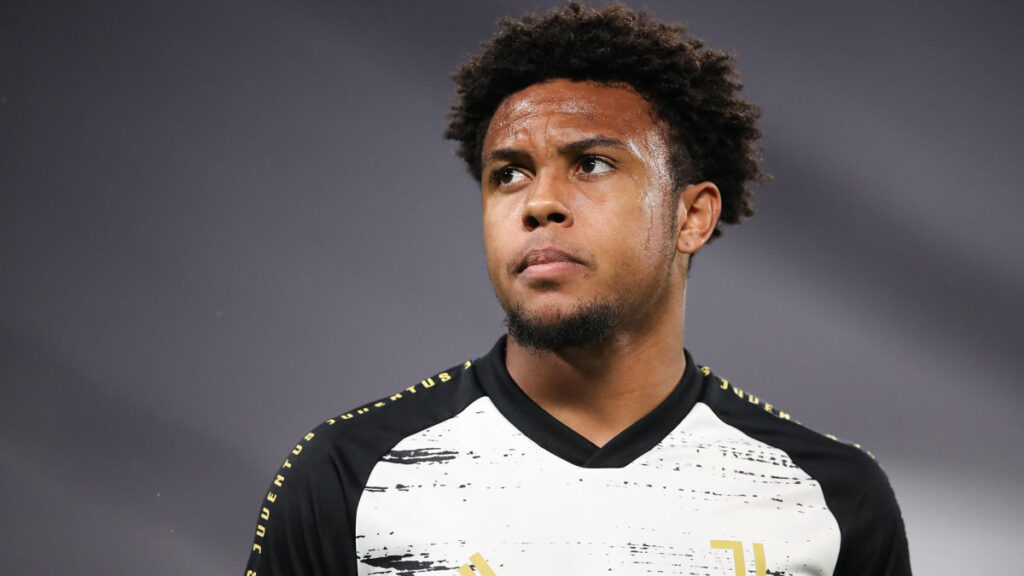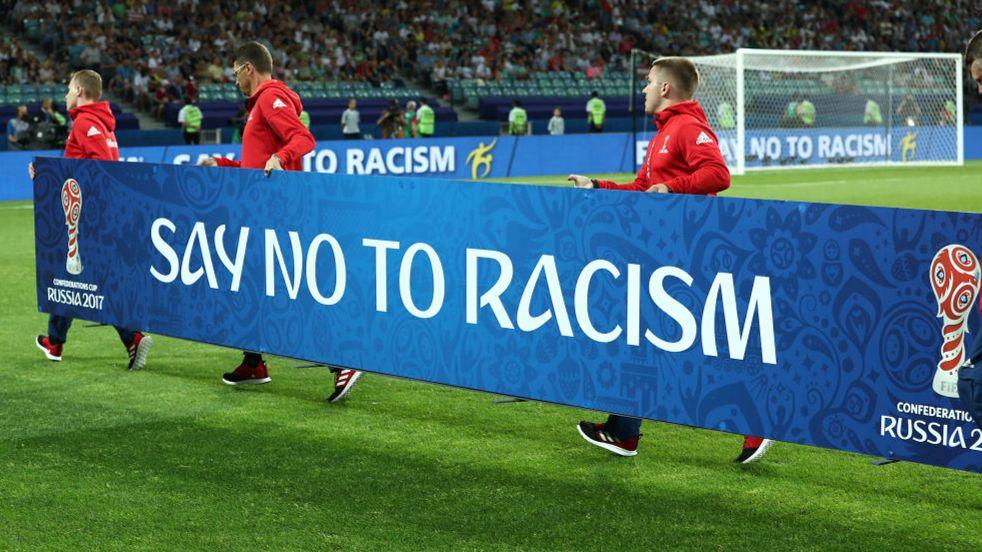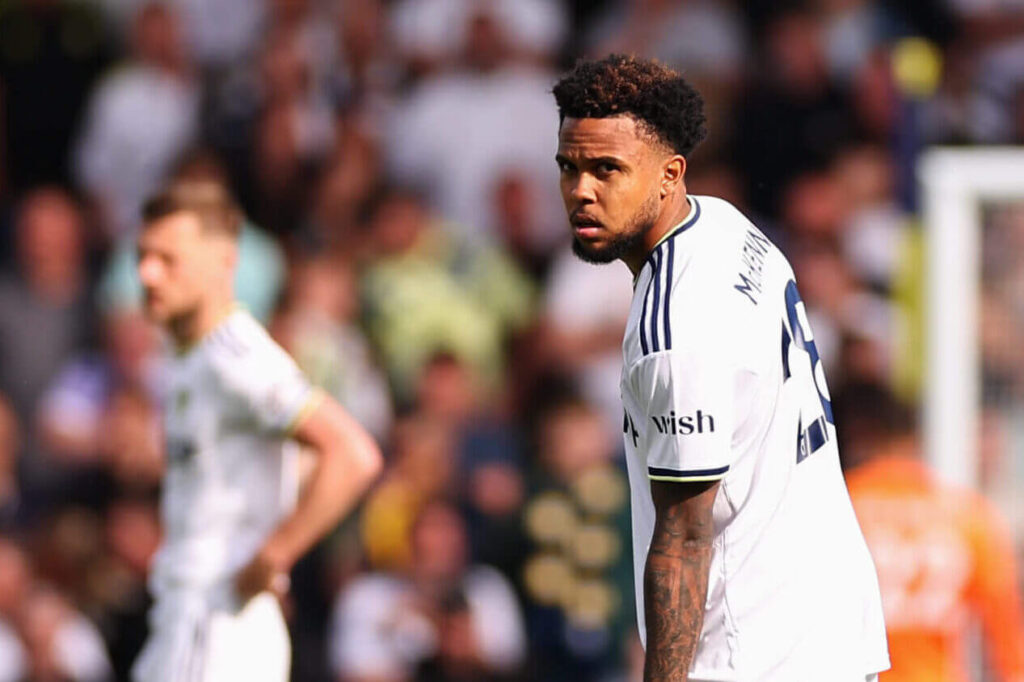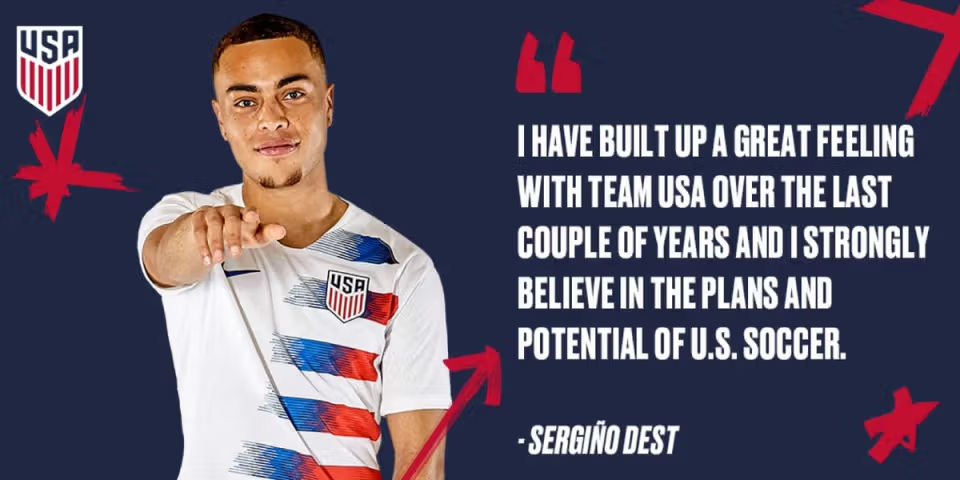Introduction
Weston McKennie recently brought global attention to the issue of racism in European soccer, using his platform to highlight problems that many players have silently endured for years. As a top American player thriving in Europe, McKennie’s words carry weight, especially when addressing soccer racism issues and the broader fight against European football racism.

In this article, readers will discover the 3 shocking realities of racism in European football that Weston McKennie has shed light on, alongside the challenges players face and what changes are urgently needed.
Who is Weston McKennie?
Weston McKennie is one of the most prominent American soccer stars in European soccer, currently playing for Juventus and the U.S. Men’s National Team. Known for his versatility in midfield, McKennie has established himself as a reliable performer against the best clubs in the world.
His career at Juventus has also brought unwanted challenges, including incidents tied to Weston McKennie Juventus racism experiences. These moments underline the persistent problem of racism in international soccer, and why his voice is vital in raising awareness. By sharing his perspective, McKennie has become a leading figure in exposing what many players deal with behind the scenes.
3 Shocking Realities of Racism in European Soccer

Reality #1: The Normalization of Racism in Football Stadiums
One of the most alarming issues is how normalized racism has become inside stadiums. From monkey chants to derogatory slurs, fans across Europe continue to target Black players. Despite campaigns and slogans, racism in European soccer remains deeply rooted in stadium culture.
For many athletes, this is just another part of soccer racism issues they face week after week. Sadly, racism in football 2025 shows that little progress has been made despite growing awareness.
Reality #2: The Psychological Toll on Black Players
The impact of racism in soccer players experiences is not just about words or chants. The constant abuse takes a toll on mental health, leaving players feeling isolated and targeted.
For Black athletes, including McKennie, the challenges of racism in European soccer for Black players extend far beyond the pitch. The stress of playing under constant abuse often affects confidence, performance, and even career decisions.
Reality #3: The Lack of Accountability in European Soccer Institutions
Another shocking reality is the lack of meaningful action from clubs, federations, and governing bodies. Too often, racist incidents are met with fines that are little more than a slap on the wrist.
This lack of enforcement highlights the ugly truth about racism in European soccer: institutions are failing to protect players. Until stricter punishments are enforced, the cycle of abuse is unlikely to stop.
How Racism Affects American Players in Europe
For many U.S. athletes abroad, the experience of how racism affects American soccer players in Europe is eye-opening. In the United States, leagues like MLS take a firm stance on anti-racism, while in Europe, players often encounter far harsher treatment with little protection.

Weston McKennie serves as a strong case study. His career shows both the opportunities Europe provides and the discrimination that American stars must often face head-on.
Weston McKennie’s Fight Against Racism in Soccer
One of the reasons Weston McKennie stands out is his courage to speak up. Through interviews and social media, he has made his Weston McKennie anti-racism message clear: silence is no longer an option.
By highlighting the Weston McKennie fight against racism in soccer, he has inspired both fans and fellow athletes to confront these issues openly. His willingness to share his experiences has positioned him as not just an elite midfielder but also a leader in the broader fight for equality.
What Needs to Change in European Football
The problems may be clear, but solutions must follow. To truly tackle European football racism, several steps are essential:
- Harsher punishments: Clubs and fans engaging in racist behavior must face strict sanctions, including point deductions and stadium bans.
- Education campaigns: Both players and fans need better programs to address prejudice and build awareness.
- UEFA and FIFA leadership: These organizations must take consistent action against racism in international soccer, rather than leaving the responsibility to clubs alone.
External organizations like Kick It Out continue to play a vital role in fighting racism in football. Supporting these initiatives is key to ensuring lasting change.
Conclusion
The fight against racism in European soccer is far from over, but Weston McKennie has made it impossible to ignore. By exposing the 3 shocking realities of racism in European football, he has given a voice to countless players who have long stayed silent.
As Weston McKennie speaks out on racism in European soccer, his words represent a turning point for both athletes and fans. The path forward requires stronger accountability, collective action, and a commitment to change.
For readers who want to stay updated on similar stories about players shaping the future of the game, check out more coverage at The Footie Fanatic.
Related Articles
Dream League Soccer 2025’s Biggest Update
Christian Pulisic Bold Response to Former Players’ Criticism
Inside Stunning $5M Cristiano Ronaldo Engagement Ring







